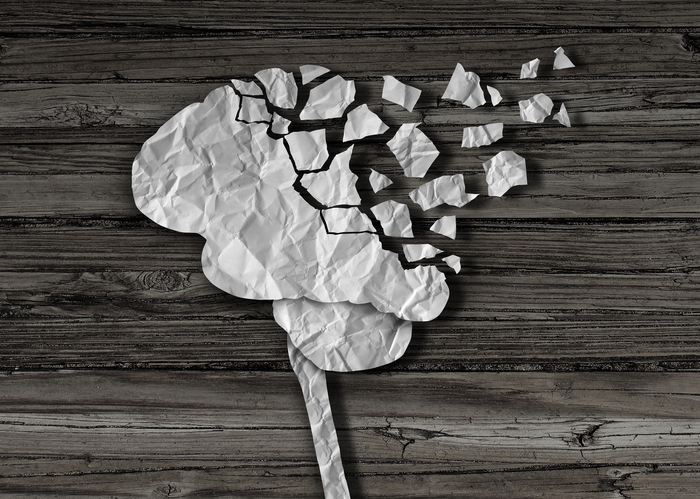
Lewy body dementia – Do you even know what that is? – MedCity News
Millions of people and their families around the world, are suffering from a little-known devastating neurodegenerative disease that is often misdiagnosed, largely misunderstood and has no approved treatments. This confusing disease, which can masquerade as Parkinson’s disease, or a psychiatric condition, is the largest dementia that you have never heard of, and when correctly diagnosed is called Lewy body dementia (LBD).
This form of dementia briefly gained global attention in 2014 when America’s celebrated actor, Robin Williams, tragically passed from what was later determined to be Lewy body dementia. His wife, Susan Williams, has described LBD as the “terrorist that lived in Robin’s head and the one that took his life.”
Today there are 1.5 million Americans suffering from LBD – not taking into account it’s impact on the families of those affected. But there is cause for optimism as we learn to better understand the symptoms, causes and potential treatments for the disease.
Clinicians now recognize that Lewy body dementia presents itself with four characteristic core features that can help to make a correct diagnosis:
-
Cognitive impairment: principally affects a person’s visual perception and attention capabilities, not normally memory.
-
Parkinson’s misdiagnosis: patients repeatedly complain of slowness, stiffness and balance abnormalities.
-
Hallucinations: patients see things that are not there, typically they speak of seeing little people and furry animals.
-
Rem sleep: patients act out dreams. This symptom can begin ten to twenty years prior to the presentation of other symptoms.
There are no approved treatment options for LBD, so physicians sometimes prescribe symptomatic drugs used for Alzheimer’s, Parkinson’s and psychotic episodes to help manage worrisome symptoms such as memory problems, hallucinations and movement difficulties.
Fortunately, the Lewy Body Dementia Research Association’s (LBDA) Centers of Excellence are making progress in understanding the underlying causes of LBD, including how certain toxic proteins are believed to bind to brain cells, to essentially clog them, and lead to nerve cell death. The National Institutes of Health has been supporting research into this field – it has given a $10.7 million grant to the Cleveland Clinic to expand a national consortium studying dementia with Lewy bodies. My company has benefited with a $30 million grant from the National Institute of Aging (an arm of the NIH), to move forward on our lead drug candidate and Phase 2 clinical study called SHIMMER.
Too many of us and our families have been affected by dementia in one form or another. October is recognized by patients, advocates and the medical community as Lewy Body Dementia Awareness month, and perhaps this year it will mark new hope for those suffering from this disease.
Photo: wildpixel, Getty Images